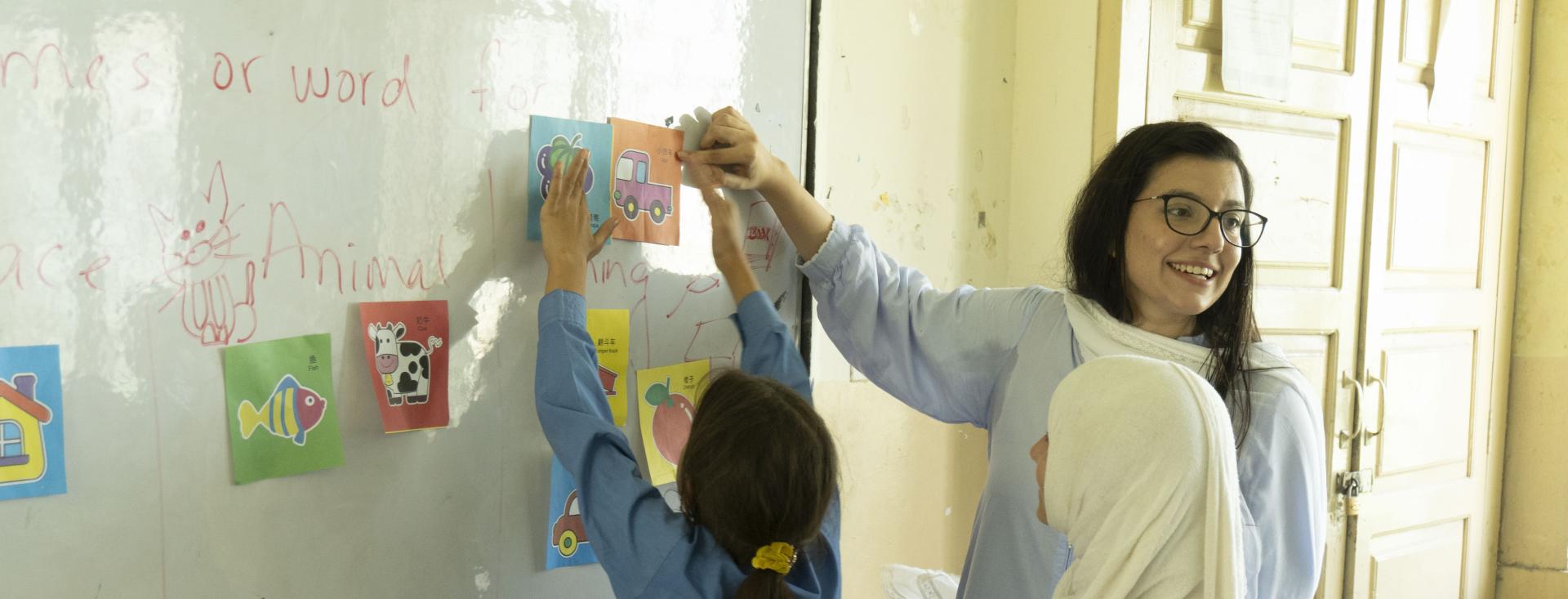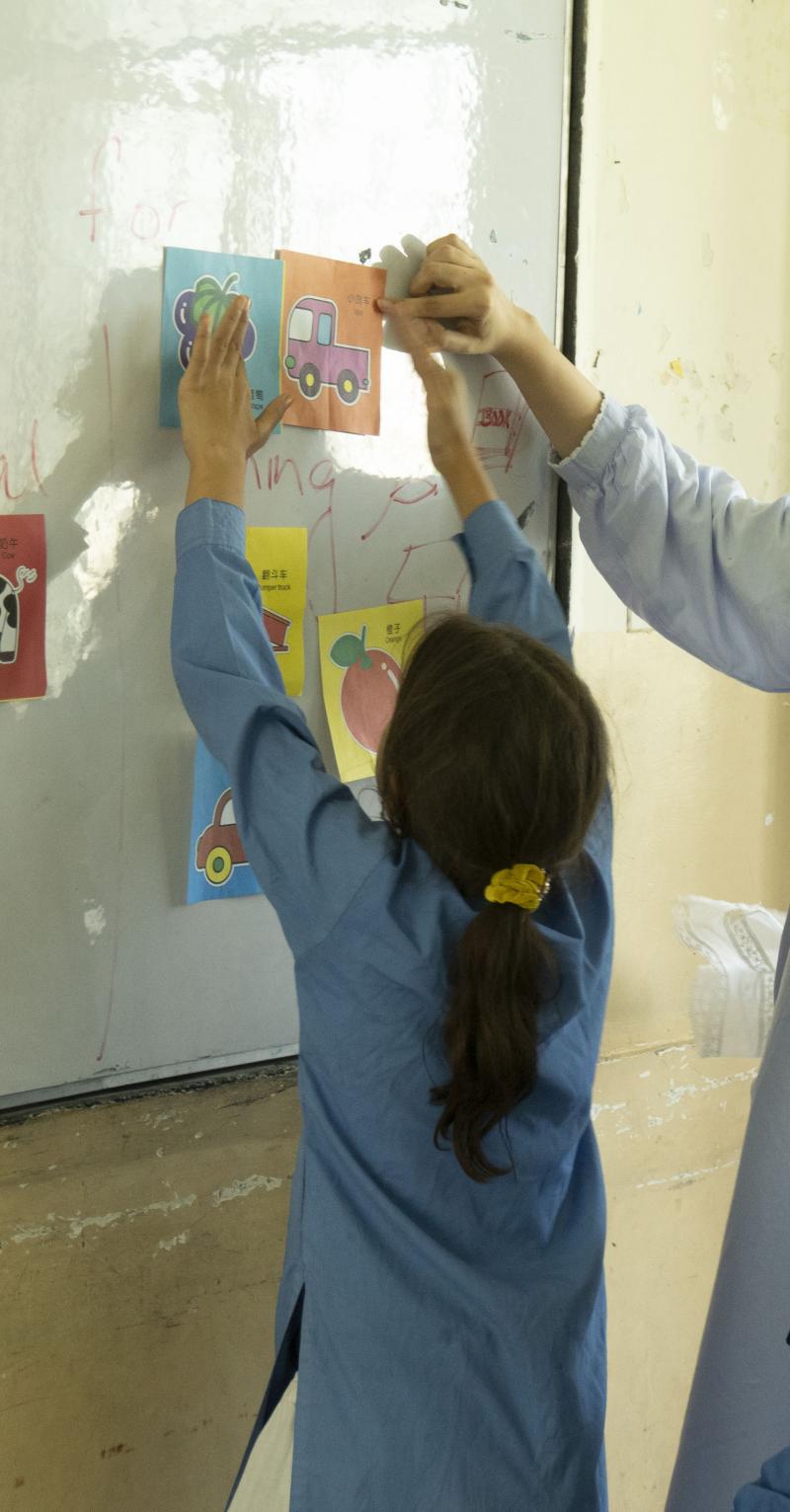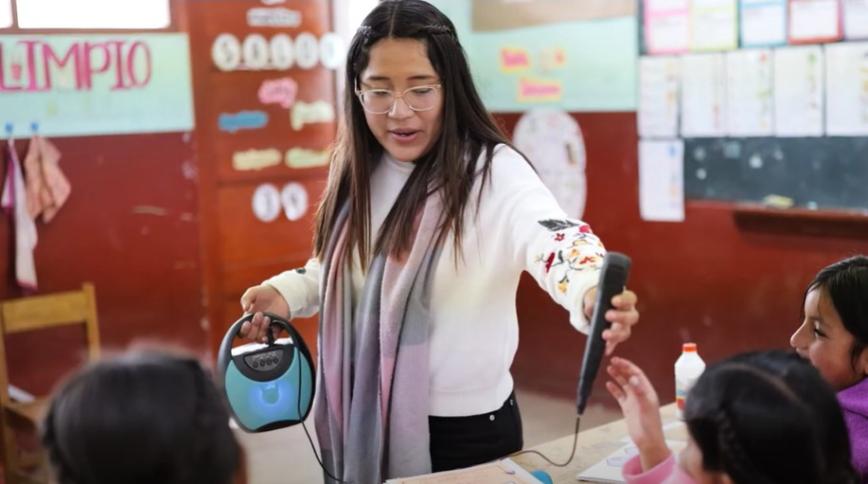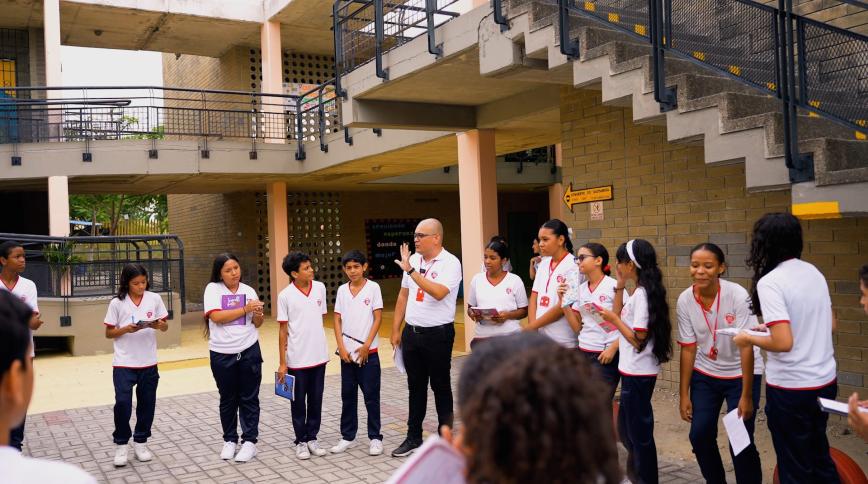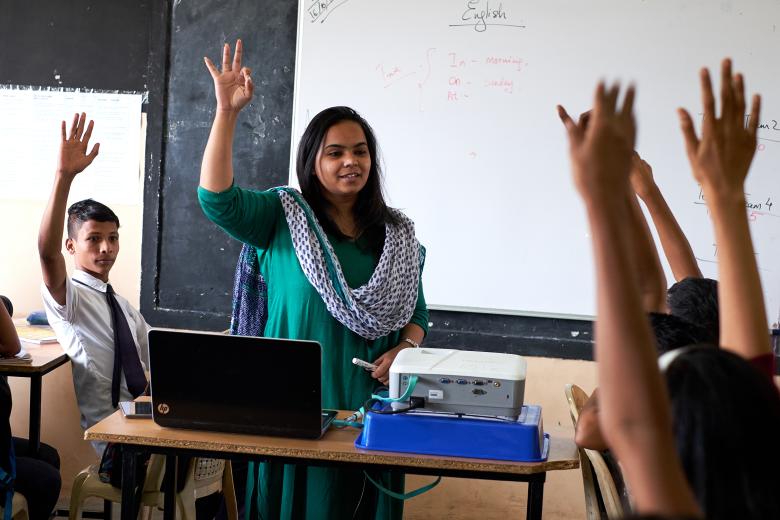
Teaching Is Leading
Teach For All network partners develop their teachers to become strong classroom leaders with a with a commitment to ensuring equity and a deep belief in the potential of every child.
Today, 15,000 teachers are reaching more than 1.6 million children in classrooms across our global network.

Shaping a Better Future
Educators have the greatest role to play in re-shaping the world.
To realize our aspirations for a peaceful, sustainable, just world, we must ensure today’s young people develop the skills and mindsets necessary to navigate uncertainty and solve complex challenges, from geopolitical conflict and social injustice to economic insecurity and the climate crisis.
Developing Students as Leaders
Teach For All network partners understand the importance of developing student leadership. In the classroom and beyond, their teachers foster the leadership of their students and support them to become agents of change in their own lives and communities.
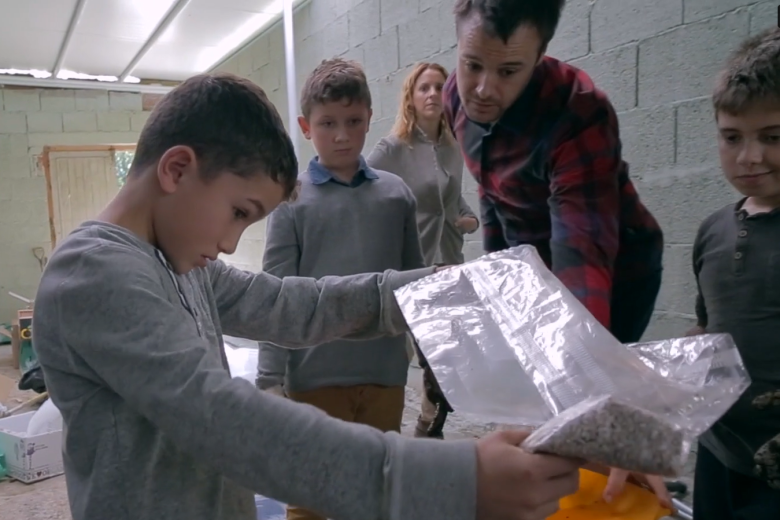
Teaching As Collective Leadership
Learning from teachers around the world, the Teach For All network is working together to create a framework to help educators orient themselves towards developing students who can shape a better future for themselves, their communities, and all of us.
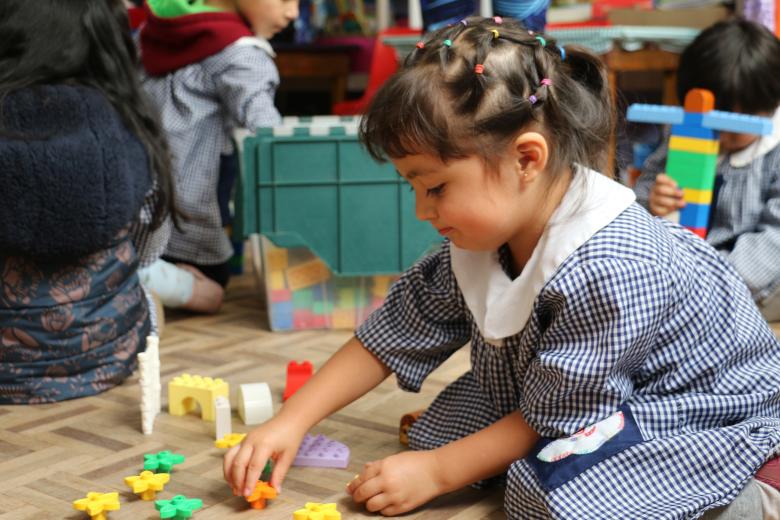
Student Outcomes Research
Research from across the network investigates Teach For All partners' impact in developing teachers who advance student learning and development. Evidence from studies in a number of countries demonstrates that students taught by network teachers gain the equivalent of 2 to 5 additional months learning progress in foundational literacy and math compared to students taught by non-network teachers, while other studies show several partners are having a positive impact in developing students’ social and emotional learning outcomes.
